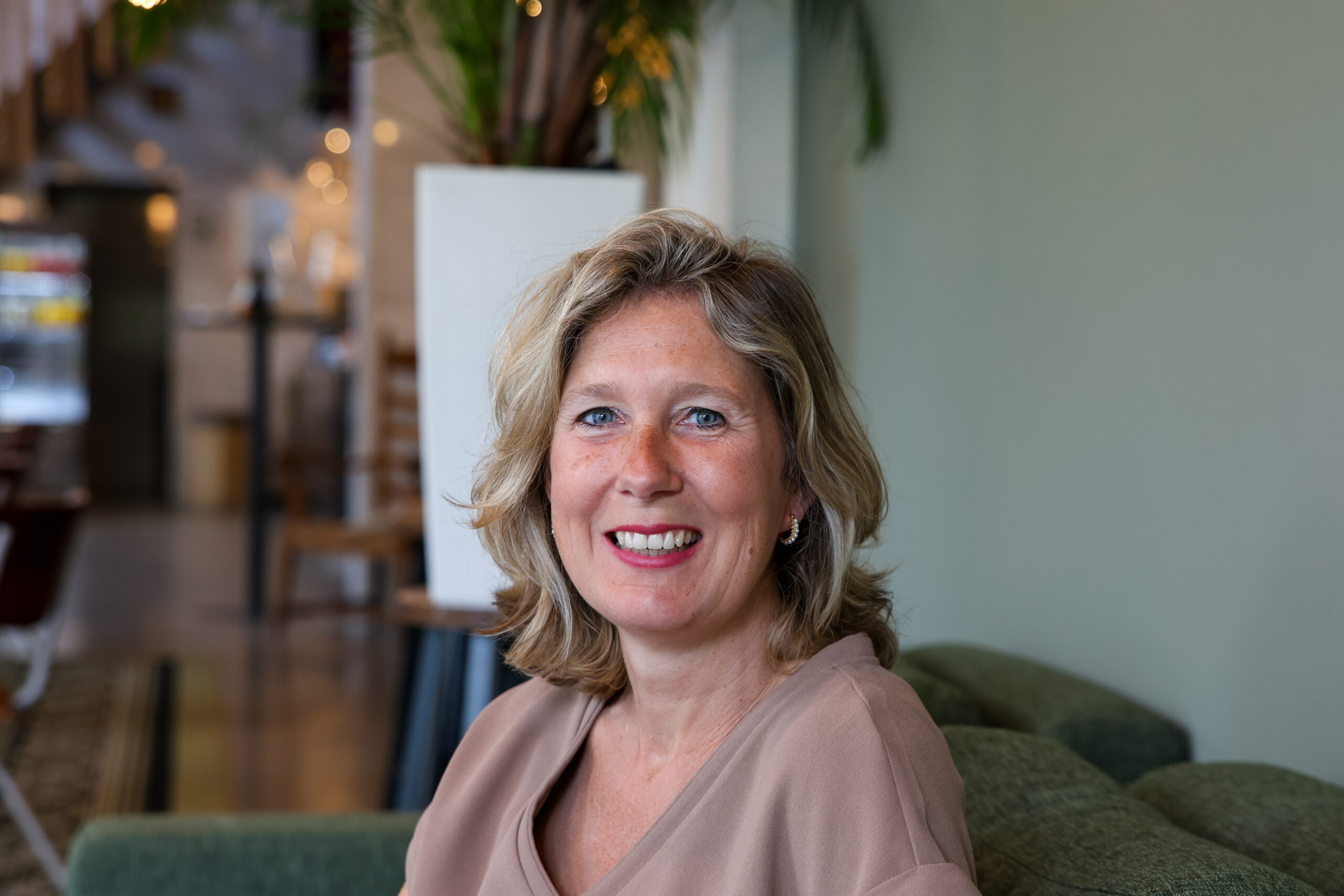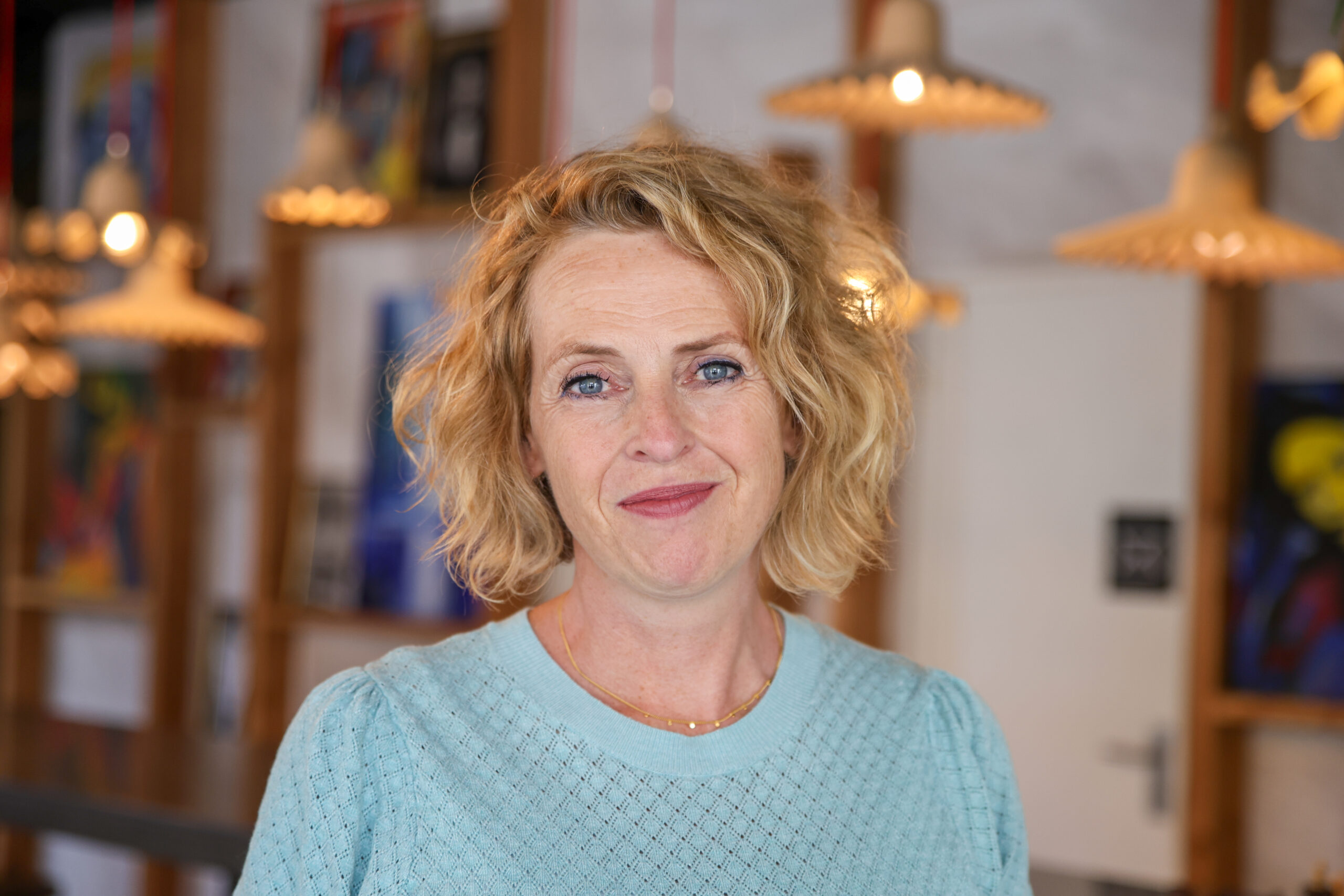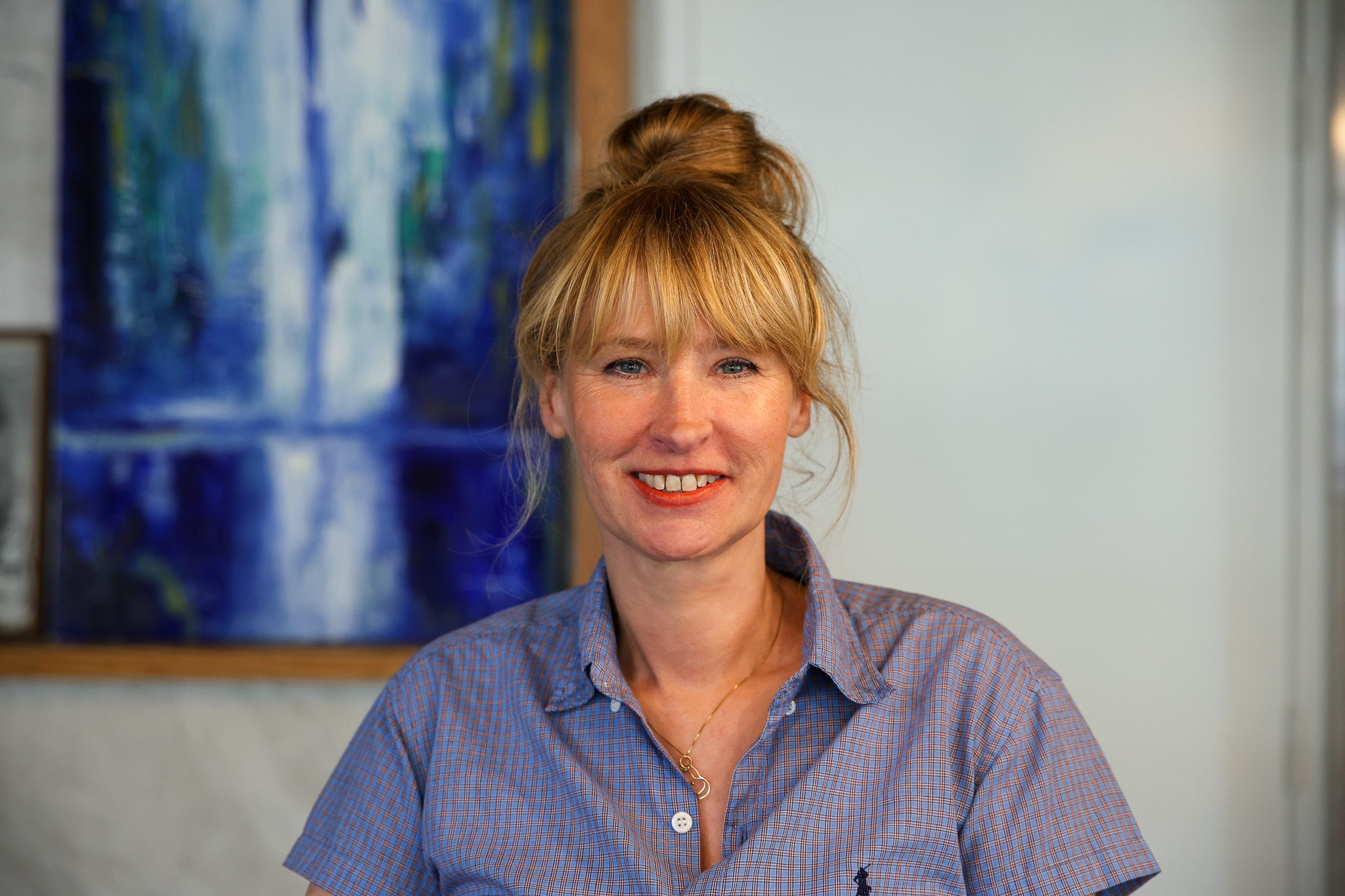The art of letting go

Drawing by Mohamed Hassan
The art of letting go
Put your brain on aeroplane mode: how your head finds the pause button without losing your enthusiasm
It is a weekday evening. I am sitting at home with a cup of tea and would actually like to relax. Yet my mind wanders to a conversation from that afternoon, little bits from that conversation just popping up again. It's hard to let go. As if my brain still wants to think things through.
Recognisable? For me it is. And I know I'm not the only one.
I love my work. Counselling people, immersing myself in psychology, discovering how we think, feel and act-I can't get enough of it. Even in my spare time, I read about it or follow a new course. For me, work often doesn't feel like work, but something I get pleasure and satisfaction from. But therein lies the pitfall: it can be quite difficult to really let go of my work.
The story of an IT professional
A client of mine from the IT sector recognised this all too well. After a day of programming, his head kept spinning at full speed. While he tried to relax, his brain was still fixing bugs and coming up with new solutions. "It's like my head never has a pause button," he said. And I understood exactly what he meant.
Whether you work in healthcare, education, law or IT-since your work fascinates you and demands a lot, it is sometimes difficult to shut the door behind you.
Why should you let go of work though?
Letting go is not only pleasant, it is also essential. First, you recharge your battery. Your brain needs rest to process information and stay creative. It is precisely by taking distance that you can return to work the next day sharp and with fresh energy.
In addition, it is good for your environment. If your head is still with your work at home, you are less present for your partner, your children or friends. Putting work aside for a while creates space for connection and fun in your private life.
Your work itself also benefits. You make better choices and solve problems faster when you are not constantly "on". Sometimes the best solutions come when you are not consciously occupied with work - in the shower, during a walk, or simply in a relaxed conversation.
And perhaps most importantly: by letting go, you give yourself permission to be human, not just professional. That makes you more resilient, both at work and outside.
Why is letting go so difficult?
This has no single cause. It could be down to your commitment and responsibility: if you really care about something, you also carry it more easily. Your personality may play a role: perfectionism, curiosity or sense of duty keep your head spinning. Sometimes it is just the nature of work: emotionally or mentally demanding professions do not let themselves be "turned off" just like that. And then there is the factor passion: if your work inspires you, being busy with it doesn't even feel like a burden. But this does blur the line between work and private life faster.
What helps to let go better?
I discovered myself that small rituals work wonders. A walk after work or a few minutes of breathing exercises help me mentally wind down my day. Even activities that require full attention, such as exercising or playing music, draw you into the here-and-now.
In addition, I consciously try to distinguish between passion and charging. I love reading a book on psychology in my spare time, but I find that doing something completely different really recharges me.
Perhaps most importantly: learning to trust. I don't need to have everything solved today. Sometimes letting go of a thought is exactly what creates space to move forward tomorrow with fresh energy.
In conclusion
Letting go of work does not mean being less engaged or losing your passion. On the contrary: it makes you more effective, more creative and a nicer person for those around you. Perhaps that is the greatest art for those who really enjoy their work: not working less, but learning to switch between effort and relaxation. Between effort and relaxation. Between passion and recharging. Between commitment and letting go.
Do you recognise yourself in this? Do you find that you struggle to let go of work, even when you know you need rest? If so, it can be helpful to explore this together. Feel free to take contact at LemonGrass Coaching for a no-obligation introductory meeting-we would love to think with you about ways to find more balance between work and relaxation.
Request a free introductory meeting
Would you like to see if there’s a good fit? Request a free, no-obligation introductory meeting.
We will contact you within 24 hours to schedule an appointment.
Meet our coaches
Janique Wienk
Career and life coach/psychologist
Sandra Meijer
Career, Stress and Life coach/psychologist
Wendy van de Kragt
Personal leadership and Stress coach/psychologist
Jeannette Hakman
Personal leadership, Stress and Career coach/psychologist





